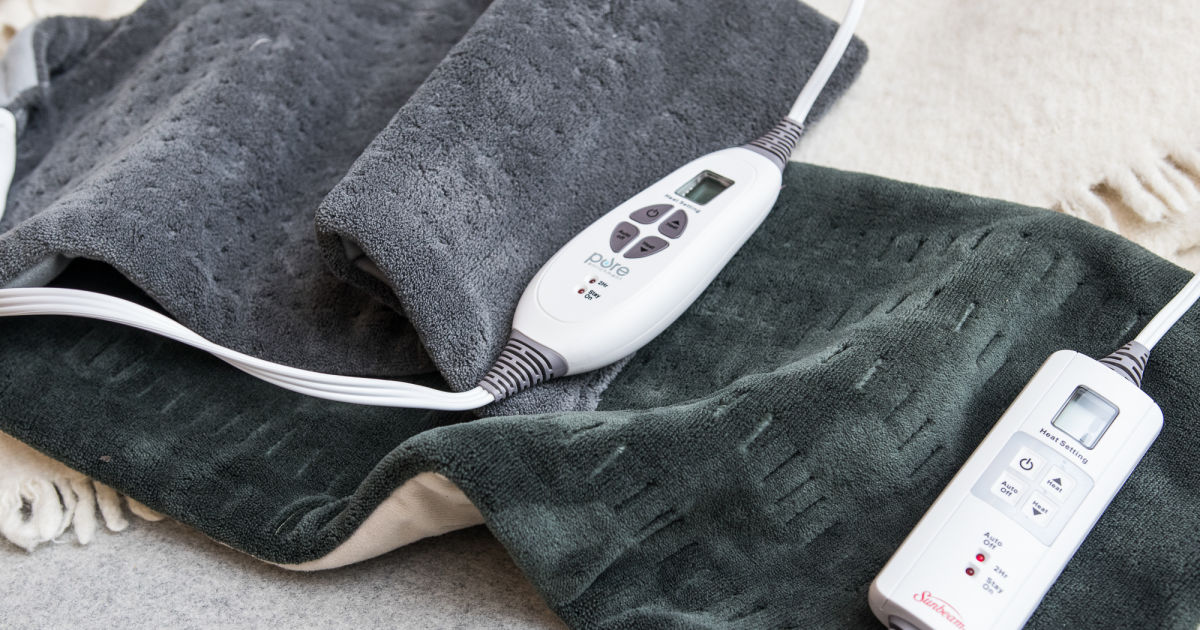How To Treat Mesenteric Adenitis
Mesenteric adenitis, also known as mesenteric lymphadenitis, is a condition that mainly affects teenagers and children. There are lymph nodes inside the abdomen, and these can become swollen. It is called mesenteric because it affects the mesentery, which is the tissue connecting the abdominal wall and intestines. Symptoms of mesenteric adenitis can mimic those of many other illnesses, especially appendicitis. The symptoms include fever, diarrhea, malaise, vomiting, and pain in the lower right part of the abdomen. It is important to get proper testing to determine if the condition is appendicitis or not. The testing, like an ultrasound, can rule out appendicitis and look for enlarged lymph nodes at the same time. The following are some things that can be done to remedy mesenteric adenitis.
Apply Warm Compresses

Many times, when individuals have problems with the abdomen, it can be helpful to apply warm compresses. The warm compress will help soothe the discomfort and manage the pain. This can be used alone or in conjunction with other remedies. Swelling of the lymph nodes causes pain in the abdomen and the warmth of a compress can help reduce some of the pain. The warmth can help increase blood flow and oxygen to the area, which can help promote healing and reduce the swelling in the area, which will reduce discomfort and pain. Patients can heat up a compress in the microwave and hold it on the abdomen for about ten minutes before letting the skin cool down. Individuals should also make sure if it feels too hot to remove it from the skin, as this will prevent damage to the skin or blisters.
Keep reading for more on treating mesenteric adenitis now.
Get Lots Of Rest

It is important to get lots of rest when dealing with mesenteric adenitis. When resting, the body can restore the energy used during the day. When individuals are sick, their body had to work a lot harder to keep their systems functioning properly. Rest allows the body to release stress created because the patient is ill. Furthermore, when lying down, blood flows easier, because it does not have to fight against gravity. Blood then has the ability to flow throughout the body, putting less stress on an already stressed out body. So, when a doctor tells patients to rest, it is for many reasons and will only help them improve.
Learn more tips on treating mesenteric adenitis now.
Medication To Reduce Fever And Pain

While resting and using warm compresses, mesenteric adenitis patients can also use medication, such as ibuprofen or acetaminophen, to reduce fever. Furthermore, these medications will help with the pain caused by mesenteric adenitis. The medications can help with the inflammation of the lymph nodes, which is what is causing the pain. However, patients might want to use this in conjunction with some of the other ways to relieve pain and discomfort. Without medication, patients can suffer the stress of increased pain and fever side effects. But remember while the medication helps with the fever and pain, this does not mean patients can get up and back to normal. There is still some healing that needs to take place.
Discover more options for treating mesenteric adenitis now.
Antibiotics To Deal With Infection

Mesenteric adenitis is commonly caused by an infection, such as the stomach flu. The infection could cause the inflammation of the lymph nodes because the lymph nodes, which are designed to capture germs and get rid of them so individuals do not get sick.
The lymph nodes in the neck can get swollen and it is indicative of an infection. To combat the infection, doctors rely on antibiotics, which are designed to kill bacteria. They also help keep the bacteria from reproducing and spreading further. A course of antibiotics usually lasts from seven to ten days. However, depending on what kind of infection an individual has and if they have to be hospitalized, they may get intravenous antibiotics. These work faster because they are administered directly into the bloodstream and do not have to wait to be absorbed by the body.
Unveil more ways of treating mesenteric adenitis now.
Drink Clear Fluids

Drinking clear fluids helps remove toxins from the body and also keeps individuals well hydrated. Water is needed to keep all bodily systems functioning properly. Without enough water, individuals can experience a multitude of symptoms, like fatigue, headaches, muscle cramps, and fainting. Not being sufficiently hydrated will make it more difficult for the body to fight the infection and the condition, prolonging its effects. Furthermore, if individuals are suffering from a fever due to an infection accompanying mesenteric adenitis, the body loses even more fluid.
Clear fluids can help the body work more efficiently and help remove toxins from the body that might be making you sick. So, even if someone does not feel like eating, they should ensure they get enough water and fluids so their body has the best chance of fighting the condition. Patients need all the tools in their arsenal when fighting an infection.
